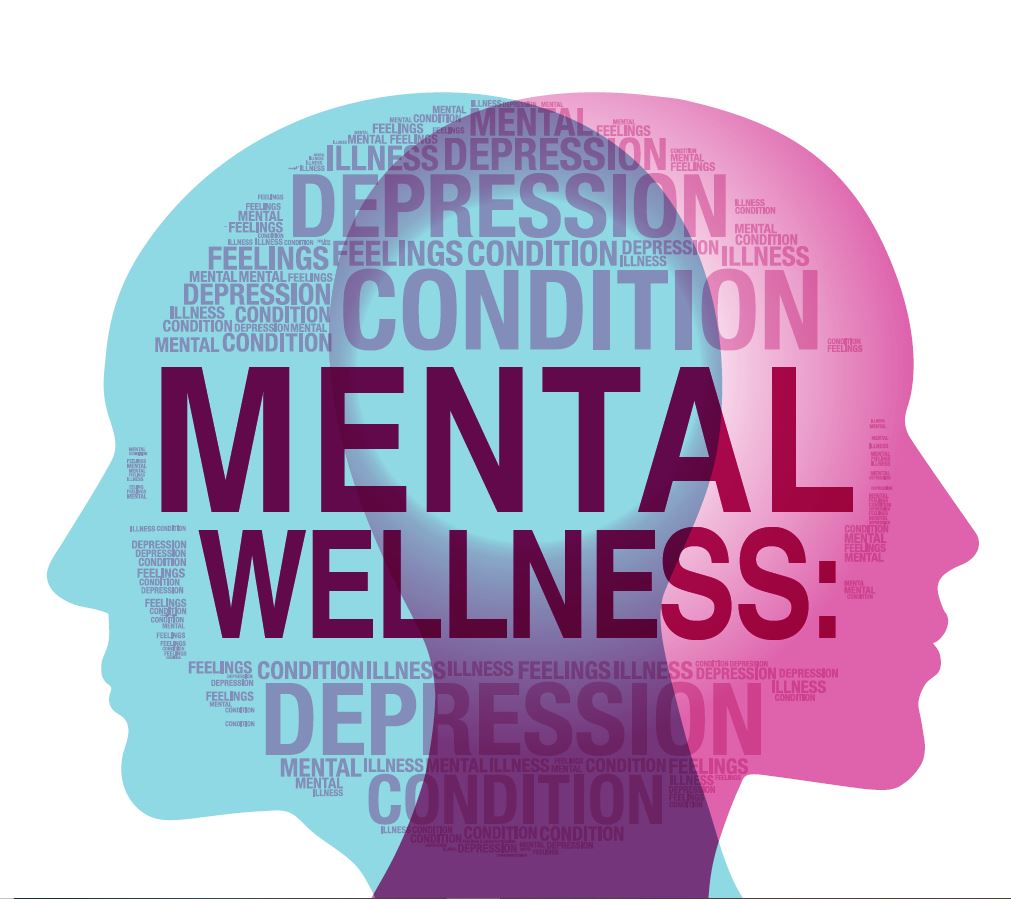A new report shows a high prevalence of mental disorders of 5.9 percent among children and adolescents in Blantyre urban.
According to the report, having a single parent, staying with a nonbiological guardian, not engaging in paid work and not attending school were positively associated with a mental disorder.
Reads the report in part: “The engaging children in paid work could also indicate poor social economic status where children engage in paid work to support the families where they belong. Poor socioeconomic status is also an important risk factor for developing mental illness.
“The absence of one parent can affect provision of complementary emotional, physical, and social support to children from both parents.”
Lead researcher Professor Adamson Muula shows in the study that behavioural disorders were the most prevalent in Blantyre Urban with other specific mental disorders being less prevalent as opposed to studies done elsewhere.
Muula: Social support to
children is required
Researchers interviewed children and adolescents aged six to 17 years to determine their socio -demographic characteristics and assess their mental health status using the strengths and difficulties questionnaire and kiddie schedule for affective disorders and schizophrenia.
It reads: “The prevalence of mental disorders across the age ranges of 6 to 12 years and 13 to 17 years was 5.4 percent and 7.9 percent respectively. Males had a higher prevalence of 7.1 percent compared to females [4.7 percent].”
The study has since suggested special programmes targeted towards parents such as parenting skills and managing challenging behaviours planned for parents to achieve quality of life among children with mental disorders.
“Parents may also decide to exclude children from the school community to prevent the stigma associated with having mental illness. Children living in single parent homes were likely to be diagnosed with mental disorders.
“The findings of this study provide evidence for development of child mental health policy, strategic plans, and programmes to promote the wellbeing of children with mental disabilities in the school and general community,” advises the report.
In an interview on Tuesday, St. John of God Services director Dr Charles Masulani Mwale, whose institution has a rehabilitation facility, said the figures would have been worse if the research was done in rural areas.
He said: “The country has a huge burden of mental health. We don’t have as many children and psychiatrist services mostly what we do is to treat with medication, but few psychological interventions and community awareness programmes.
“Government has to fund research programmes, but also development and administration of various interventions.”
Earlier, psychologist Professor Chiwoza Bandawe said cases of mental health problems are growing and warrant national attention.
Apart from depression, Bandawe cited alcohol and substance abuse, psychosocial conflicts, psychosocial tension and financial challenges. Other mental health issues include anxiety an stress disorders.
The post Mental disorders on the rise—report appeared first on The Nation Online.
 Moni Malawi
Moni Malawi 

